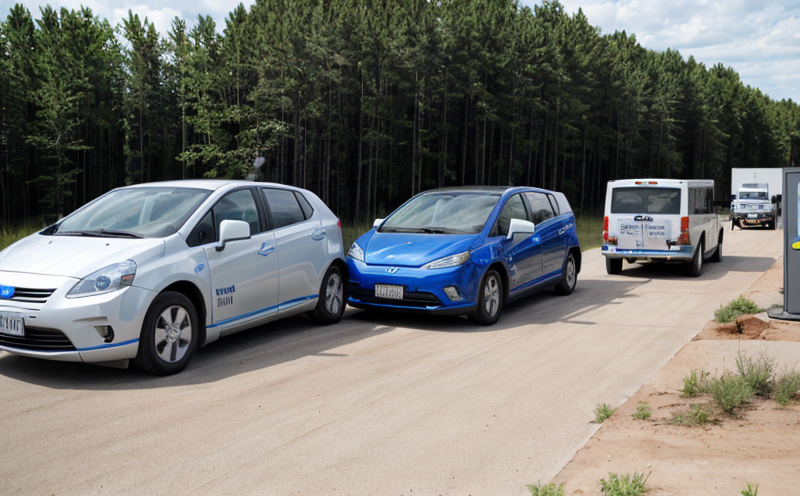EN 50308 Protection System Testing for Fuel Cell Installations
The European standard EN 50308 is a critical document that outlines the requirements and procedures for testing protection systems in fuel cell installations. This standard ensures the safety, reliability, and efficiency of fuel cells by providing clear guidelines on how to test these systems under various conditions. For quality managers, compliance officers, R&D engineers, and procurement teams, adhering to this standard is essential to meet regulatory requirements and ensure product performance.
The testing procedure described in EN 50308 involves a series of steps designed to evaluate the protection system's response to different fault scenarios. These scenarios include short-circuit conditions, overvoltage, undervoltage, and other abnormal operating conditions that could arise during fuel cell operation. The standard also emphasizes the importance of ensuring the protection system operates correctly under all specified conditions.
The testing process typically involves setting up a controlled environment where the fuel cell installation is subjected to predefined fault conditions. Instruments such as multimeters, oscilloscopes, and data loggers are used to monitor the performance of the protection system throughout the test. The results obtained from these tests help in assessing the effectiveness of the protection mechanisms in place.
A crucial aspect of EN 50308 is its emphasis on preventing potential hazards that could arise from fuel cell installations. By rigorously testing the protection systems, this standard helps in minimizing risks associated with operational faults or accidents. Compliance with EN 50308 ensures that manufacturers and installers adhere to best practices, thereby enhancing overall safety standards.
Moreover, adherence to this standard contributes significantly to the reliability of fuel cell installations. Reliable performance is vital for both commercial applications and research purposes. By following EN 50308, organizations can ensure their systems meet stringent quality benchmarks, leading to greater trust among stakeholders.
- Customer Impact and Satisfaction: Compliance with EN 50308 enhances customer confidence in the safety and reliability of fuel cell installations. This standard helps eliminate concerns related to potential hazards, ensuring a smooth operational environment for end-users.
Quality and Reliability Assurance
The quality and reliability assurance processes associated with EN 50308 are designed to ensure that fuel cell installations meet the highest standards of safety and performance. These processes involve a comprehensive approach to testing, including both laboratory-based evaluations and field trials where applicable.
During laboratory-based evaluations, the protection systems undergo rigorous testing under controlled conditions. This includes simulating various fault scenarios such as short circuits, overvoltage events, undervoltage situations, and other abnormal operating conditions. The goal is to verify that the protection mechanisms function correctly when faced with these challenges. Field trials complement this process by providing real-world data on system performance.
Quality assurance also involves continuous monitoring and adjustment of test protocols based on feedback from previous tests and industry advancements. This ensures that the testing methods remain up-to-date and relevant, reflecting current best practices in fuel cell technology.
The reliability assurance component focuses on ensuring consistent performance over time. This is achieved through ongoing maintenance checks and regular recalibrations of test equipment to maintain accuracy. Additionally, data analysis plays a key role in identifying any trends or issues that may arise during testing, allowing for proactive adjustments if necessary.
By implementing these stringent quality and reliability assurance measures, organizations can demonstrate their commitment to excellence, fostering trust among customers and stakeholders alike.





